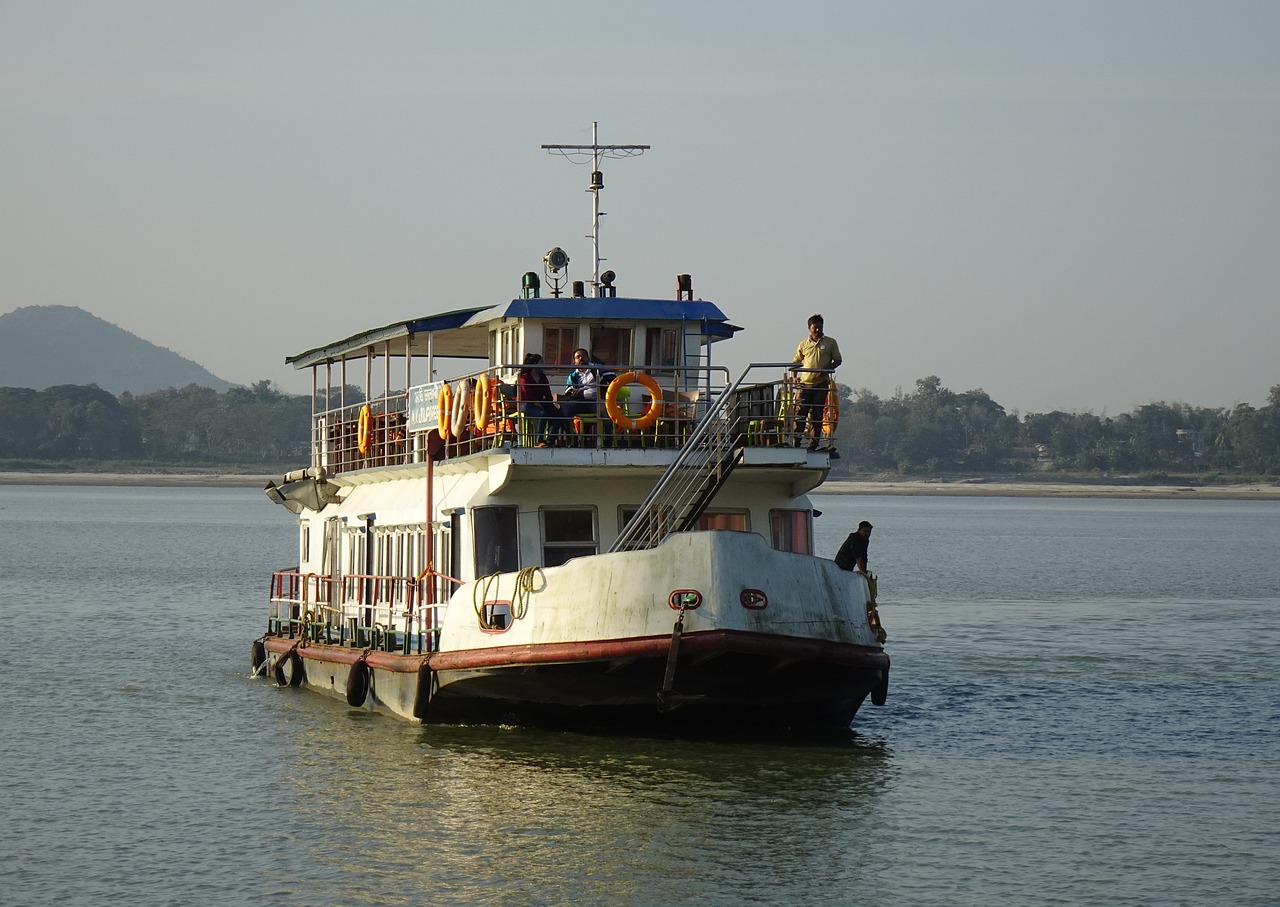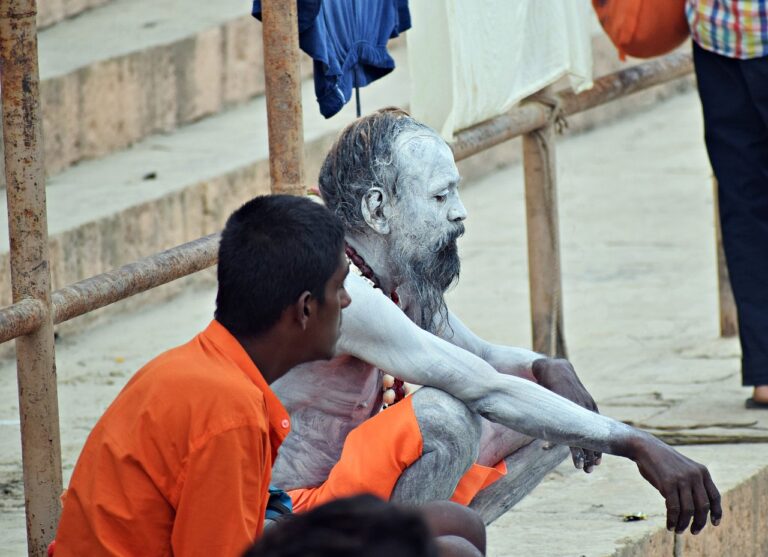Exploring the Influence of Pop Culture on Political Awareness and Engagement
Pop culture has always played a significant role in shaping societal perceptions and beliefs. With its wide reach and influence on masses, it has the power to spark discussions and bring attention to various social and political issues. From music, movies, and television shows to fashion and social media trends, pop culture has the ability to raise awareness and create a platform for discourse on important political matters.
Individuals often look up to pop culture icons as influencers and role models, which gives them a unique platform to promote political messages and causes. Through their actions, words, and artistic creations, these figures have the potential to reach a wide audience and evoke thought and reflection on pressing political issues. In this way, pop culture serves as a bridge between entertainment and education, providing a means for individuals to engage with politics in a more accessible and relatable manner.
The Role of Social Media in Shaping Political Engagement
With the rapid rise of social media platforms, political engagement among the general population has undergone a transformative shift. Individuals now have easy access to a vast array of information and opinions from diverse sources, leading to a more informed electorate. Social media serves as a virtual town square where users can openly discuss and debate political issues, fostering a culture of civic participation and awareness.
Moreover, social media has the power to mobilize masses for political causes and campaigns like never before. From organizing rallies to fundraising efforts, platforms such as Twitter and Facebook have been instrumental in driving political movements and shaping public discourse. The immediacy and reach of social media enable individuals to connect with like-minded individuals, forming communities that can spark change and influence policy decisions.
How Television Shows and Movies Impact Political Beliefs
Television shows and movies play a significant role in shaping the political beliefs of individuals. Through compelling storytelling, characters, and plotlines, entertainment media can subtly influence viewers’ perspectives on various political issues. Whether overtly addressing political themes or subtly incorporating them into the narrative, these forms of media have the power to sway opinions and attitudes.
The portrayal of politicians, political events, and policies in television shows and movies can reinforce existing beliefs or challenge them. Audiences may subconsciously absorb political ideologies and perspectives presented on screen, ultimately impacting their own viewpoints. Furthermore, the emotional connection viewers establish with characters can make them more receptive to the political messages embedded within the storyline.
Can television shows and movies really influence political beliefs?
Yes, television shows and movies can have a significant impact on shaping viewers’ political beliefs and attitudes.
How does pop culture contribute to political awareness?
Pop culture, including television shows and movies, can raise awareness about political issues and engage viewers in important conversations about current events.
What role does social media play in shaping political engagement?
Social media platforms can amplify the political messages portrayed in television shows and movies, leading to increased political engagement and activism among viewers.
Are there any specific examples of television shows or movies that have influenced political beliefs?
Yes, several television shows and movies have been credited with shaping public opinion on political issues, such as “The West Wing” and “All the President’s Men.”
How can individuals critically analyze the political messages portrayed in television shows and movies?
Viewers can critically analyze the political messages in television shows and movies by considering the source of the information, fact-checking claims, and seeking out diverse perspectives on the issue.







